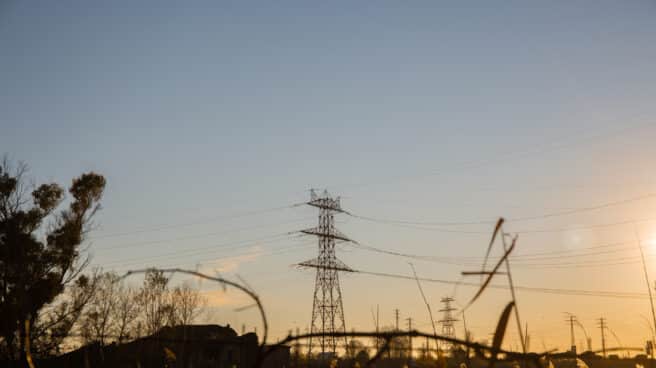

Electric pole in Barcelona.
This Friday, the various countries that make up the European Union received a litmus test to measure cohesion between nations through energy. And it seems that unity has finally triumphed.
Member States gave the go-ahead for intervention in the energy market in “urgency” and they will impose a “solidarity amount” on electricity companies that have benefited from higher electricity prices, and impose a “solidarity tax” on fossil fuel companies, as well as income from infra-margin technologies and reduced demand during peak hours.
The text, approved by ministers this Friday in Brussels, will be formally adopted in writing next week. It will then be published in the Official Gazette and will enter into force the day after publication.
It should be remembered that Spain has already introduced several taxes on electricity companies or cut additional benefits, although the forms are completely different. While Brussels has decided to go for incentives, the government has decided to tax income, a measure that has rejected the entire energy sector and is considering a court challenge.
However, Brussels insisted that there would be no “flexibility» when imposing taxes in different countries that are part of the European Union, so each government will decide which formula is best for receiving additional benefits.
However, Moncloa plans to change the rule and adapt it to the general principles set by the European Commission, so the Ministry of Environmental Transition is expected to change the approved laws, under which it plans to raise up to 7,000 million euros.
Brussels believes that the figure that can be obtained from these taxes will exceed 117 billion euros, although “the exact amount of income per state will depend on the amount of electricity produced using infra-margin technologies and the level of electricity prices.” The regulation includes Mandatory reduction of electricity consumption by 5% during peak hours.
As for the deadlines, the European Commission has called for them to be applied no later than December 2022 and extended until at least the end of March 2023.
According to the submitted document, Brussels indicates that it is going to study a revision of the electric emergency tool during the first quarter of next year “taking into account the situation with the electricity supply and electricity prices.” electricity throughout the EU and report to the Council on the main findings of this review.”
gas cap
On the other hand, French Energy Transition Minister Agnès Pannier-Runachet this Friday in Brussels defended the need to extend to the rest of the European Union the “Iberian Mechanism” by which Spain and Portugal can cap gas prices for electricity generation and, thus curbing energy prices.
“I know that there is a reluctance to relate to this mechanism, but technically we worked. We can make sure that it does not cause excess consumption of gas, and we know that it can be put into operation very quickly,” the minister told the press upon arrival at a meeting of EU energy ministers.
Source: El Independiente